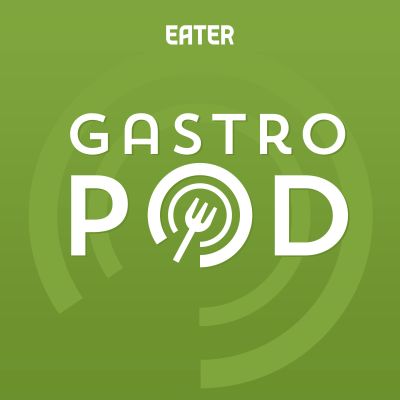Food with a side of science and history. Every other week, co-hosts Cynthia Graber and Nicola Twilley serve up a brand new episode exploring the hidden history and surprising science behind a different food- or farming-related topic, from aquaculture to ancient feasts, from cutlery to chile peppers, and from microbes to Malbec. We interview experts, visit labs, fields, and archaeological digs, and generally have lots of fun while discovering new ways to think about and understand the world through food. Find us online at gastropod.com, follow us on Twitter @gastropodcast, and like us on Facebook at facebook.com/gastropodcast.
https://gastropod.com/
Black Gold: The Future of Food...We Throw Away
For a few weeks in 1987, trash was temporarily headline news: a barge filled with waste that would no longer fit in New York City's overflowing landfills spent months wandering up and down the East Coast with nowhere to dump its smelly, rotting cargo. The trash barge's travels triggered a long overdue public rethink of the wisdom of sending all of our waste to landfills—including food. But fast forward more than thirty years, and food still takes up more space in American landfills than anything else. About 30 to 40 percent of food produced in the US gets thrown away, rather than eaten. What's more, putting all that rotting food inside landfills produces a lot of methane, a powerful greenhouse gas. Our ancestors knew exactly what to do with food waste; the earliest descriptions of composting were written on clay tablets more than 4,000 years ago. So why didn't the GarBarge kick off a composting craze? And why is it so hard for us to keep food waste out of landfills? This episode, Gastropod visits the future of food waste: the high-tech facilities as well as the innovative policies that promise to keep our discarded food out of landfills, keep methane from escaping into the atmosphere, *and* turn those food scraps into something useful. Can a state the size of California really keep 75 percent of its food waste out of landfills, as it has pledged to do by 2025—and what will happen if it does? Listen in for compost blow-dryers, fruit-sticker bingo, and a lot of microbes!
Learn more about your ad choices. Visit podcastchoices.com/adchoices
